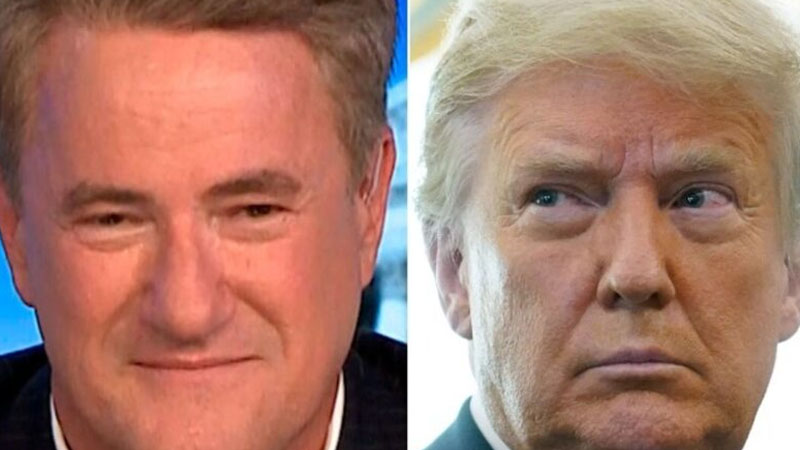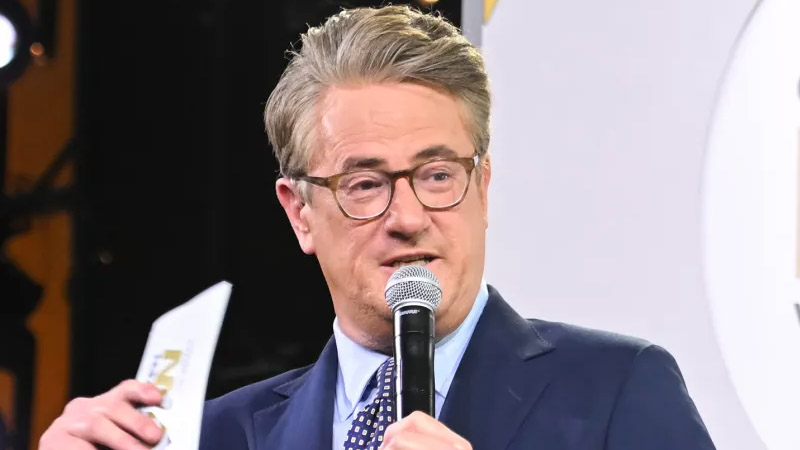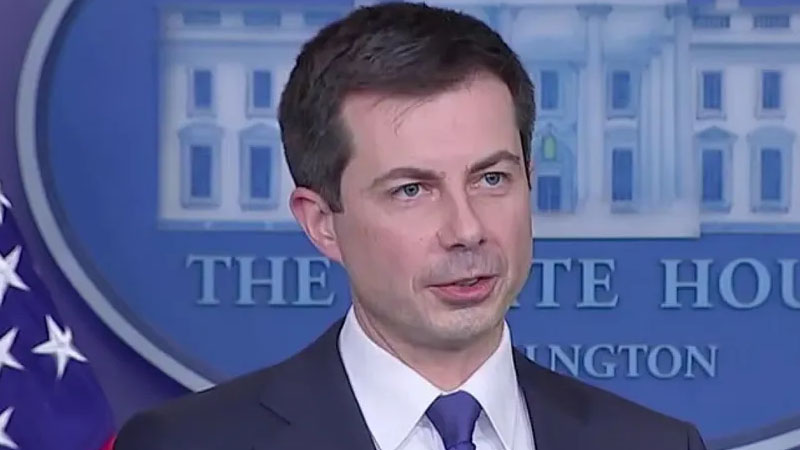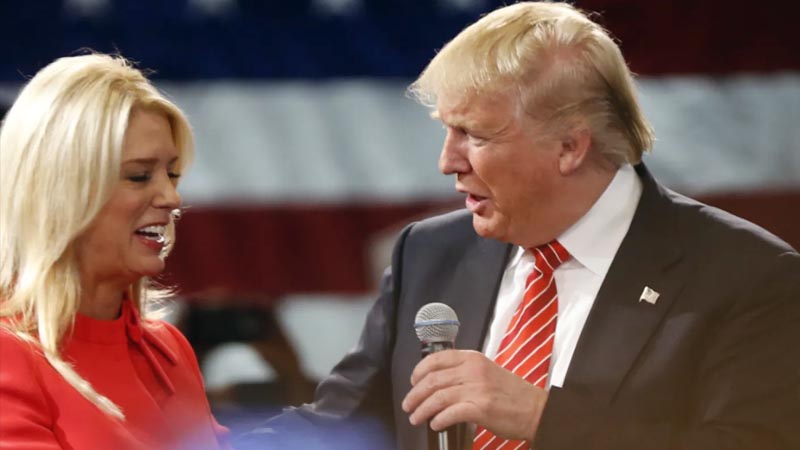Joe Scarborough Calls Trump’s Words His Own ‘October Surprise’

(nbcnews)
On Thursday morning, Morning Joe co-host Joe Scarborough delivered a pointed critique of Donald Trump’s third campaign for the White House, suggesting that the former president’s words could be his biggest obstacle. Scarborough’s comments referenced a recent report by Atlantic editor Jeffrey Goldberg, which claimed that Trump desires military leaders who are “much more like the Nazi generals who launched World War II.”
According to Scarborough, this revelation, among others, constitutes the “October surprise” that political observers anticipated would shake the election landscape. Scarborough began his monologue by addressing the gravity of Goldberg’s report, which quotes Trump allegedly expressing admiration for the obedience of Nazi military leaders under Adolf Hitler.
“Some pathetic people that are trying to cozy up to Donald Trump, who is trying to blame Jeffrey Goldberg, trying to blame General [John] Kelly for a quote, ‘October surprise’ that they’re making up,” Scarborough stated, targeting those he described as Trump loyalists. “Imagine that: people actually questioning the integrity of those two. Questioning the integrity of General Kelly.”
Scarborough’s commentary underscored what he described as a pattern of Trump’s provocative and often incendiary remarks, suggesting they might be his undoing. “But, no, those aren’t the October surprises,” he elaborated. “The October surprises are what Donald Trump says and what he has said every time he has opened his mouth.
The October surprise is that Donald Trump has said he is going to arrest his Democratic opponents. The October surprise is that Donald Trump has said he is going to use the army and the National Guard against his political opponents — that’s the October surprise.” Scarborough continued to highlight various instances where he believes Trump’s statements could haunt his campaign.

“The October surprise is that Donald Trump has called Nancy Pelosi, Adam Schiff, called his Democratic opponents the enemies from within,” he added, pointing to Trump’s labeling of certain political figures as internal threats to the nation. Scarborough later noted that Trump had previously said, “Nancy Pelosi is more an enemy to America than Kim Jong-un, than Xi, than Putin, and all the other communist leaders and dictators that want to destroy America.”
For Scarborough, this rhetoric reflects Trump’s increasingly confrontational stance against Democratic leaders and international adversaries alike, which could create more complications for his campaign than any external event. “That’s Donald Trump’s biggest problem right now,” he asserted, attributing the potential decline in Trump’s campaign momentum to Trump’s own words and actions rather than an orchestrated attack from the media or political adversaries.
The monologue sparked further discussion among Scarborough’s panel members, who echoed concerns about Trump’s use of divisive language and threats of using military power against political opponents. Scarborough’s references to “October surprises” in his speech emphasize his belief that Trump’s remarks are not just problematic but could be pivotal in shaping voter perception ahead of the election.
Scarborough’s critique comes at a time when Trump is already facing numerous challenges, including legal battles and intense media scrutiny. In Scarborough’s view, Trump’s rhetoric may ultimately alienate moderate voters or those within his base who might feel uneasy about such aggressive tactics.
As the election nears, Scarborough’s analysis suggests that Trump’s unfiltered statements might continue to surface as significant obstacles, potentially disrupting his bid for re-election more than any targeted opposition campaign could.


